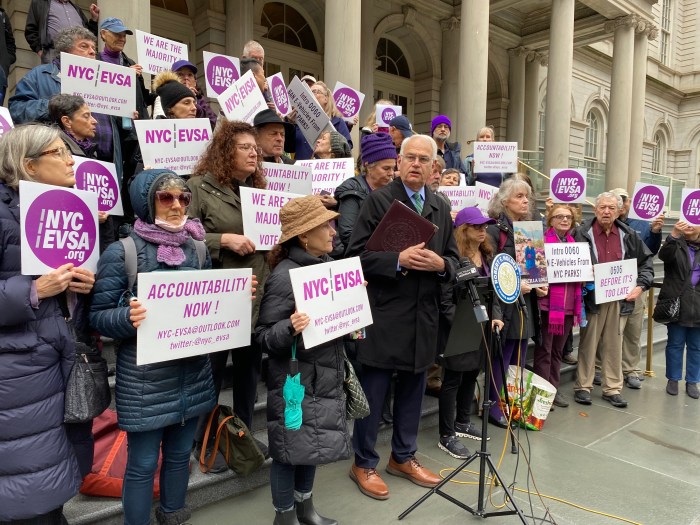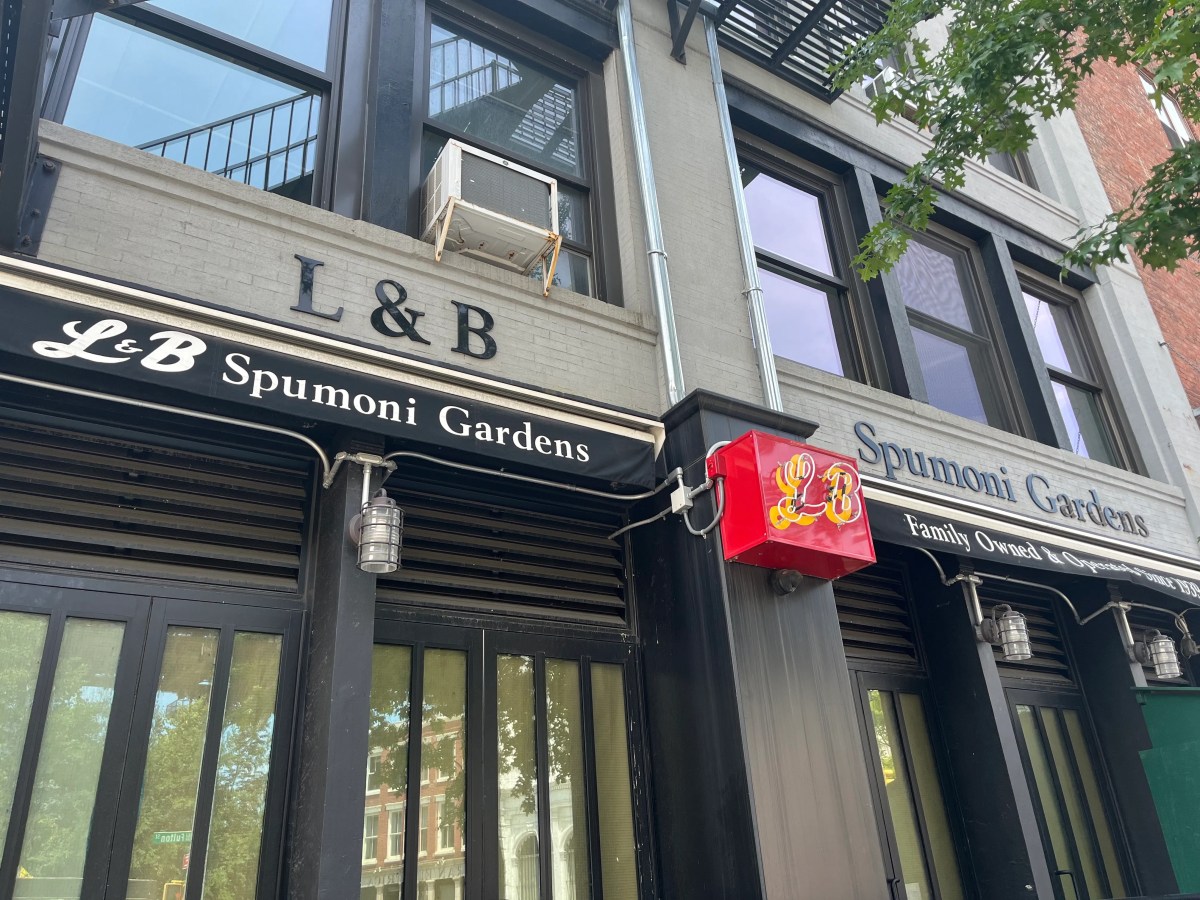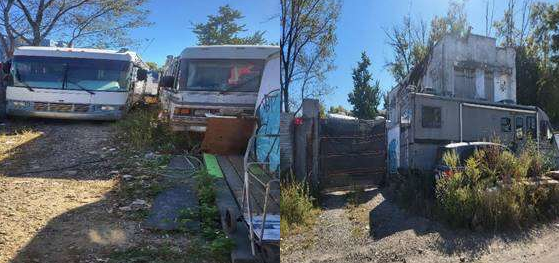
Two dozen cages holding child and infant mannequins peppered the streets and public areas of Manhattan and Brooklyn on Wednesday as part of a political campaign called #NoKidsInCages, created by immigration advocates and a partnering advertising agency with the hope of abolishing family separations at the United States border with Mexico.
The lifelike installations were placed at — and later removed from — at least eight locations, according to the NYPD, including areas near the Manhattan offices of The New York Times, Fox News and CNN. Other sites included the American Museum of Natural History on the Upper West Side, and the lower Manhattan entrance to the Brooklyn Bridge, which draws an onslaught of tourists in the summertime.
The cages were equipped with audio recordings obtained by ProPublica in 2018 that captured the cries of children living in a real detention camp along the U.S.-Mexico border, according to RAICES, one of the groups behind the effort.
Texas-based RAICES, the Refugee and Immigrant Center for Education and Legal Services, which provides legal counsel to immigrants at little-to-no cost, partnered with advertising agency Badger & Winters to bring attention to family separations at the southern border following President Donald Trump’s implementation of a “zero-tolerance policy” for migrants entering the country illegally. Images of young children separated from their mothers under the since-rescinded policy prompted national backlash, including a legislative proposal to permanently bar the practice introduced by Rep. Jerrold D. Nadler (D-N.Y.) in January.
The legislation has not come to a vote in the House, though Sen. Dianne Feinstein (D-Calif.) introduced a similar bill in the Senate in June with 31 co-sponsors.
The NYPD did not comment Wednesday on whether the 16 other locations provided in a list by RAICES and Badger & Winters had been investigated.
Trump’s immigration policy, announced in April 2018 and reversed two months later, separated thousands of migrant children from their families after they made their way to the border. The Trump administration said in April that it could take up to two years to identify all the separated children, of whom a potential 2,654 minors were identified by the government in court documents last October in a case brought by the American Civil Liberties Union.






































